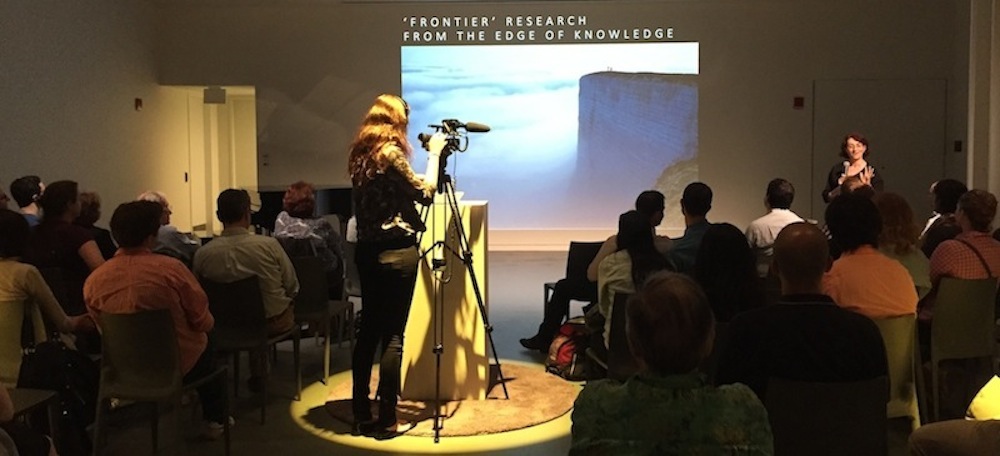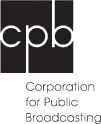Find a Café near you!
Enter your zip code, city, or state or click on the map.
13 cafés found near "ga"
American Chemical Society-Georgia Section Science Café
480 John Wesley Dobbs Ave
Atlanta, GA 30312
Athens Science Cafe
Various locations throughout Athens
Athens, GA 30606
Atlanta Science Café on Climate Change
1159 LaVista Road
Atlanta, GA 30324
Atlanta Science Tavern
602 N. Highland Ave. NE
Atlanta, GA 30307
Back to the Moon
3690 Braselton Highway
Hamilton Mill Branch
Dacula, GA 30019
Barnesville Science Cafe
216 Main Street
Barnesville, GA 30204
Dahlonega Science Cafe
90 Public Square N
Dahlonega, GA 30533
Lawrenceville Science Tavern
100 N. Perry Street
McCray's Tavern
Lawrenceville, GA 30046
Macon Science Cafe
1365 Linden Ave
Macon, GA 31201
Milly's Science Cafe
114 West Hancock Street
Milledgeville, GA 31061
Science Café GATech
Alon's Bakery
4505 Ashford Dunwoody Road NE
Atlanta, GA 30346
Statesboro Science on Tap
106 Savannah Avenue
Statesboro, GA 30458
Wolf Science Cafe
1601 Maple St
University of West Georgia
Carrollton, GA 30118
Science Cafés are live—and lively
Science Cafés are events that take place in casual settings such as pubs and coffeehouses, are open to everyone, and feature an engaging conversation with a scientist about a particular topic.
Science Cafés represent a grassroots movement. They exist all over the world and can vary from place to place. Venues range from a local library or coffee house to a neighborhood bar. Even the names of Science Cafés vary, including Science on Tap, Science Pub, Ask a Scientist, and Café Sci.
Why Science Cafés?
Science Cafés welcome people who may or may not typically get involved with scientific discussions. They are not exclusive club meetings for scientists and science majors, nor do they take place exclusively in lecture halls or science museums. Rather, Science Cafés can (and do) happen in informal community gathering spaces all over the world.
The successful café fosters an informal atmosphere where all participants feel encouraged to participate. These are not long lectures with a passive audience listening to an expert. Rather, they are dynamic, two-way interactions between a scientist and the public. In this way, the public feels empowered to learn, and the scientist speaker gains valuable perspective on his or her own work.







